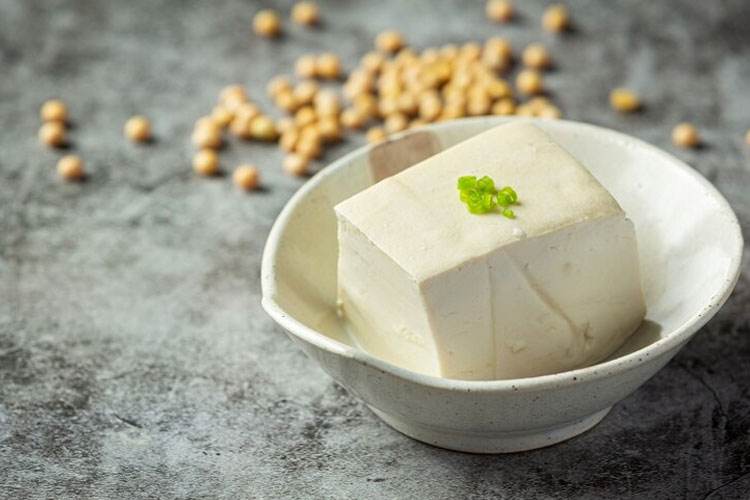The Versatility of Tofu: A Nutrient-Packed Powerhouse

TIMESINDONESIA, JAKARTA – Tofu, also known as bean curd, has established itself not only as a staple in Asian cuisine but as a globally recognized and cherished source of plant-based protein. Derived from soybeans, tofu boasts an impressive nutritional profile and versatility that make it a favorite among vegetarians, vegans, and health enthusiasts alike.
Tofu is rich in essential nutrients, making it a valuable addition to a well-rounded diet. It is an excellent source of protein, providing all nine essential amino acids vital for muscle health and overall body function.
Advertisement
Additionally, tofu is a good source of iron, calcium, manganese, selenium, and phosphorus. Its low-calorie content makes it a weight-friendly option. Its moderate fat content includes heart-healthy monounsaturated and polyunsaturated fats.
Versatility in Culinary Delights
One of tofu's standout features is its versatility in the kitchen. Its neutral flavor allows it to absorb the tastes of the ingredients it's cooked with, making it suitable for a wide range of dishes.
From savory to sweet, tofu can be incorporated into various cuisines and culinary creations. Whether grilled, sautéed, scrambled, blended into smoothies, or used in desserts, the possibilities are virtually endless.
Tofu has seamlessly integrated into diverse culinary traditions worldwide. In Asian cuisines, it stars in dishes like mapo tofu, tofu stir-fries, and miso soup.
Western cuisines have embraced tofu in salads, sandwiches, and pasta dishes. Tofu's ability to complement different flavors and textures makes it a culinary chameleon appreciated by chefs and home cooks alike.
Health Benefits
Beyond its culinary versatility, tofu is celebrated for its potential health benefits. The presence of soy isoflavones in tofu has been linked to various health advantages.
It includes a potential reduction in heart disease risk and menopausal symptoms. Its cholesterol-free composition makes it a heart-healthy alternative to animal-based proteins.
Choosing tofu over animal-based proteins also contributes to a more sustainable and eco-friendly lifestyle. The production of tofu generally has a lower environmental impact, requiring fewer natural resources and producing fewer greenhouse gas emissions compared to livestock farming.
Tofu's journey from traditional Asian fare to a global culinary sensation is a testament to its nutritional richness and culinary adaptability. Whether you're a vegetarian, a culinary enthusiast exploring new flavors, or someone seeking a protein-packed addition to your diet, tofu stands as a wholesome and versatile choice.
As we continue to embrace diverse dietary preferences, tofu's role in our kitchens is poised to grow, adding both nutritional value and gastronomic delight to our plates. (*)
**) Ikuti berita terbaru TIMES Indonesia di Google News klik link ini dan jangan lupa di follow.
| Editor | : Khodijah Siti |
| Publisher | : Sofyan Saqi Futaki |

